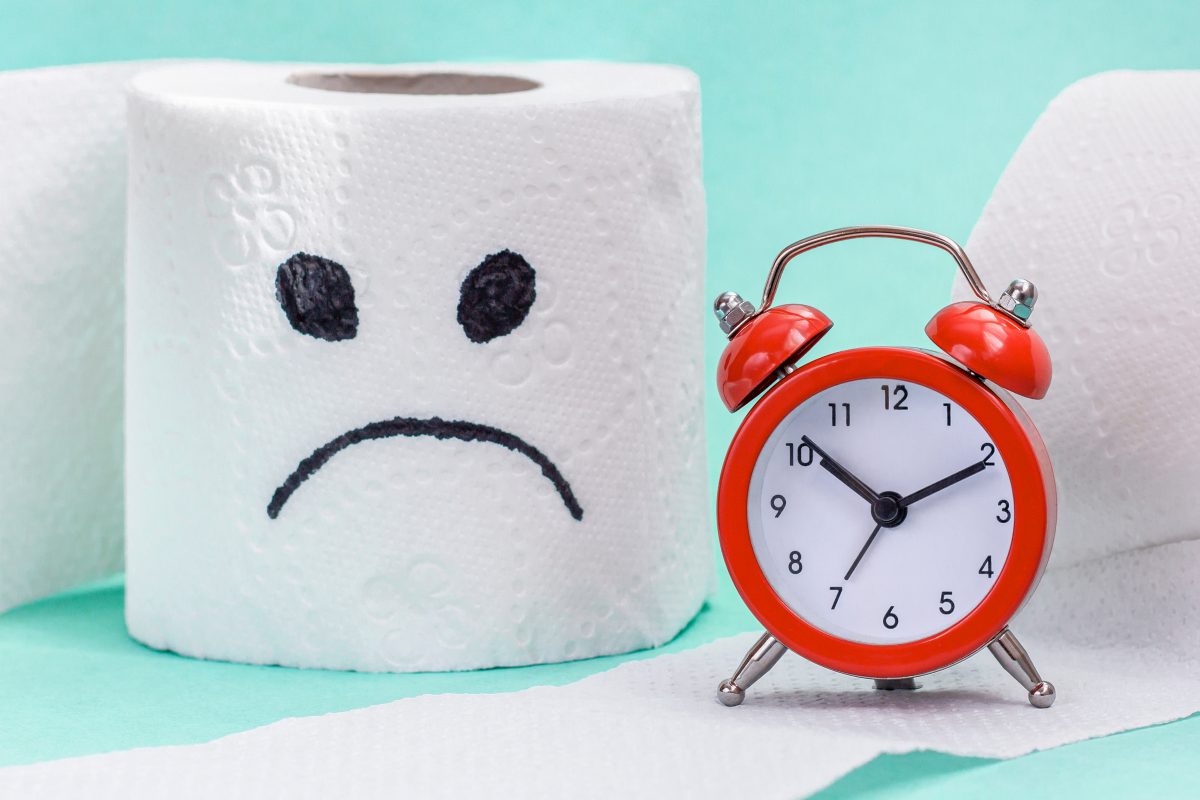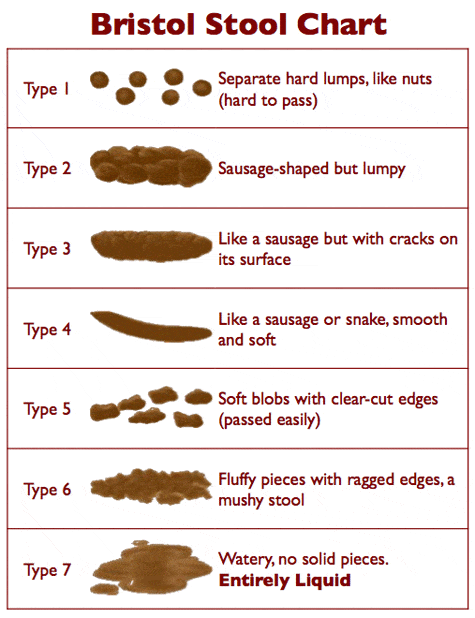What is IBSC and how can you treat it?
- Treatments, Testing and Diagnosis
What is IBSC?
IBSC is the type of IBS that you might have if you suffer from constipation alongside your other IBS symptoms.
This post will explain further what classifies as IBS-C. It will also explore the triggers, how it is diagnosed and if probiotics can help manage your IBS-C.

What are the triggers of IBSC?
The cause of IBS-C is not exactly known. We do know that our gut bacteria can influence the activity in our gut, which is also discussed in the post probiotics for IBS.
Your gut bacteria may influence gut transit time and therefore the risk of constipation through the following possible mechanisms:
- Short chain fatty acid (SCFA) production. SCFAs are released during fermentation and may stimulate receptors involved in gut muscle contraction (1).
- Effects of the SCFAs on the pH of your colon, where the acidity of the gut can influence the number of gut contractions and therefore transit time (2).
- The degree of bile salt metabolism, as bile salts can stimulate movement in the colon (3).
It therefore makes sense that having a lower number of certain bacteria may be a trigger for your IBS-C.
Causes of constipation
We know a lot more about the causes of constipation. Causes include diet and lifestyle factors, which is discussed in our post: common causes of constipation.
How is IBSC diagnosed?
IBS-C is diagnosed in the same way as all types of IBS. You can read more about this here.
Your IBS ‘type’ is determined by the ROME IV guidelines. To have IBS-C, over 25% of your stool must be type 1 or type 2 on the stool chart. You will also experience type 6-7 stools for less than 1/4 of the time (see chart below).

Can IBSC turn to IBSD?
Your IBS can change subtypes, and this can happen even within 6 months. Although, it is thought to be less rare to switch between IBS-C and IBS-D (4).If you frequently alternate between both constipation and diarrhoea, then you may have the subtype ‘IBS-M’ (mixed), rather than IBSC or D.
In IBS-M, over 25% of your stools may be classed as type 1-2 whilst also having more than 25% classed as type 6-7. Alterations of bowel movements can happen over hours or days (4).
Can probiotics help with IBSC?
The British Society of Gastroenterology recommends that probiotics may be effective for symptoms and pains in IBS (5). This is likely due to the link between IBS-C and altered numbers of specific gut bacteria (6).
Although there are no clear recommendations for specific strains of probiotics for IBS in general, research shows that specific strains can help manage specific symptoms. This is discussed in more detail in our probiotics for IBS post.
Numerous clinical trials have shown that probiotics can help relieve symptoms of IBS-C. The following probiotics have proven in clinical trials:
Optibac Bifido & Fibre
This product contains Bifidobacterium lactis BB-12®, the most clinically trialled strain for constipation which has shown significant improvement.
This product contains 4g of fermentable oligosaccharide (FOS) fibres and may not be appropriate if following the low FODMAP.
Optibac Every Day MAX
This supplement contains Bifidobacterium lactis HN019. This strain has been shown to reduce whole gut transit time and therefore increase frequency of bowel movements. It was also shown to reduce other gut symptoms such as abdominal pain and flatulence (7).
It is free from FOS fibres.
Align Gut Health and Immunity Support
This probiotic also contains Bifidobacterium lactis BB-12 ®. One study showed a clinical benefit on frequency of bowel movements after 4 weeks supplementation (8).
It also has added FOS fibres.
BioGaia Protectis
This probiotic product contains L. Reuteri DSM 17938. One study showed that after 4 weeks supplementation, the number of bowel movements increased per week (9).
It is available in the form of a chewable tablet, unlike the previous products listed which are capsules. It also contains Xylitol, a high FODMAP sweetener that may induce a laxative effect in some individuals.
Summary
If you experience mostly constipation with your IBS then you may have IBS-C. This can be managed in a variety of ways which include diet, lifestyle and supplements.
Written by Beth Willson Surgical Dietitian RD BSC Hons and reviewed by Kirsten Jackson Consultant Dietitian RD BSC Hons PGCert